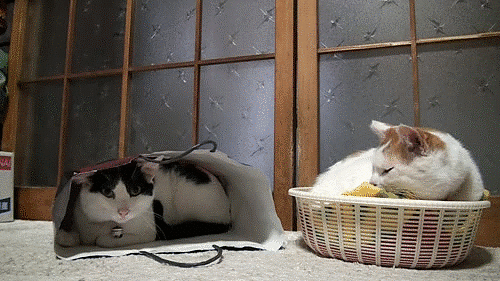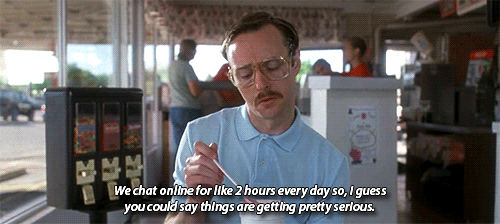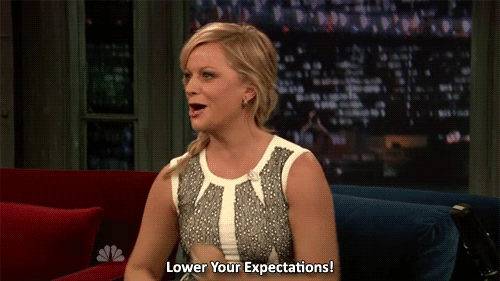

THE ASK
Create a compassion campaign - develop a lens that helps people understand and empathize with the walk of others in order to create positive change.
OUR GIVEN TOPIC: CYBERBULLYING
SOCIAL CAUSE CAMPAIGN
OUR APPROACH
We knew cyberbullying would be a massive issue with plenty of ground to cover. But we also knew that to actually accomplish something, we had to have a focus. So we approached the task with two initial truths in mind:

Bullying has moved beyond the physical.
We are spending more of our time staring at screens, and thus us we are attaching more weight to our online interactions. Sticks and stones still hurt, but words are becoming equally as dangerous to our self-worth//self-esteem.

Bullying doesn’t just happen to kids.
It can happen to adults (and cats) too. There is a stigma with adult bullying. This often can times prevents us from telling anyone we’re being bullied as an adult. But the reality is, 75% of American adults claim to have witnessed cyber bullying, with 40% stating they were bullied themselves.
OUR FOCUS
Adults, Tinder, And The Cyberbully
Adults, specifically adult women, are victims.
38% of girls and women report being bullied online. This is compared to a lower number for boys and men, which is at 26%. Women are also more likely than men to be cyber bullied in the form of sexual harassment or stalking. More specifically, 26% of women aged 18-24 reported being stalked and 25% reported being a target of on-line harassment.
Online dating has become the new playground.
The stigma of online dating is quickly fading with the help of casual dating apps, such as Tinder or Bumble. Thus, we’ve become a generation of casual dating, the casual hookup, and an open perspective on love and the pursuit of it. And while reaching this point means reaching a new level of freedom, the truth is, dating apps are also setting the stage for some troubling core ideas.

1. It's normal to move quickly.
We don’t have time to sit around and share small talk. And online dating gets that. So now we’re moving at the speed of the internet, which allows us to update our status faster than our emotions can actually keep up. Are you really that serious?

2. Standards need not apply.
We’re trying to get as many likes, pokes, invites, or messages as possible. That's because not getting them is a tangable sign of rejection. It’s a game of numbers and so we’ve figured, if we want quantity, we need to sacrifice quality.

3. Dating is a game.
It’s not about finding the right person. It’s about winning. And that means that someone has to lose, sometimes at a cost.
THE INSIGHT
The same casualness that has made online dating ‘okay’ has also created a lack of respect and accountability for what people are saying to prospective dates on these sites.



What you would never say to a person, in person, has now become fair game. And what’s worse is that these comments are often fueled by anger from rejection or being ignored, and thus severe in nature. And this is more often than not seen through remarks/responses from men towards women.
Online dating, it's fun because it's casual. But casual is quickly translating to no rules and no respect.
HOW TINDER CAN TURN THE TABLES
Sites and social media accounts, such as byefilpe, have already brought this issue to light by highlighting these responses. Tinder may be the platform these bullys are using, but that doesnt mean it can't fight back. Tinder has the opportunity to turn the tables and rid these bullies of their bad habits.
CREATIVE CONCEPT:
Say It Out Loud.
You said it online, but now will you say it out loud? Most often these bully’s say such ridiculous things, but given the opportunity to say it to their victims face, they would fail to utter those same words. We jumped on this idea, creating three activations that use real Tinder comments and the state of feeling uncomfortable to ignite the conversation around this particular type of cyberbullying.

A talk to type innovation that activates after a Tinder user is flagged for bullying. The flagged user must now speak the words into the phone, forcing them to take ownership over their hurtful language.

A brand activation advertised on the app’s platform. Users are invited for karaoke night. Unbeknownst to them, all of the lyrics of the songs being sung have been re-written with real, bullying comments from the app.
